We are building a repository of all district gazetteers of India published during the colonial period, through extensive cataloging and archiving for public use. This allows us to recognize the socio-economic trajectory and transformations in the districts of India over time, as the boundaries of districts have evolved.
Right now, not all colonial gazetteers are digitized, and even if they are, they are scattered all across the web. We want to develop a platform where all these documents will be aggregated and accessible for anyone to use.
This repository offers insights into agricultural practices, land tenure systems, population demographics, trade, and industry during the colonial period. Understanding these trajectories is crucial for identifying patterns of development or underdevelopment, which can inform current policy decisions and development strategies. It can also serve as a valuable educational resource, not just for historians and researchers, but for students, educators, and the general public.
District gazetteers contain rich details about local customs, traditions, languages, and practices. By making these documents accessible, the repository helps to ensure that this cultural knowledge is not lost to time. Rapid modernization and urbanization have also led to the erosion of traditional practices and languages which the repository can help to preserve and even revive cultural practices that are at risk of disappearing. When locals can access and understand these documents, they are empowered to use this knowledge in ways that benefit their communities—whether through cultural revival initiatives, educational programs, or local history projects.
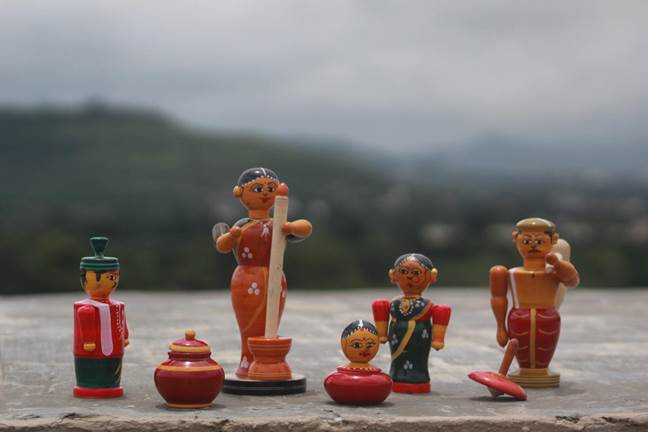 The Gyan Gunjan Project aims to respond to one simple question, namely, amidst the enormous Bharatiya diversity that we see around us, where is the unity? We know how culturally diverse our nation is. But is it really an expression of different worldviews or is it a plurality of expression of some underlying unifying thought processes? How are we one?
The Gyan Gunjan Project aims to respond to one simple question, namely, amidst the enormous Bharatiya diversity that we see around us, where is the unity? We know how culturally diverse our nation is. But is it really an expression of different worldviews or is it a plurality of expression of some underlying unifying thought processes? How are we one?
Through the Gyan Gunjan project, we show that the unifying factor is the Bharatiya jeevan darshana, our life philosophy, manifested in a variety of forms, but deeply, offering the same guideline for our actions.
We attempt to understand select Jeevan Darshanas by looking at the gyan parampara (knowledge transfer) and laukik prayojana (practical utility) that it manifests in. We do this by collecting stories from various parts of India, and in each of those stories with diverse forms of gyan parampara and laukik prayojana, we identify the same underlying jeevan darshana.
-
Here are the five philosophies that we aim to bring forth:
- Relationship with Nature and Agriculture
- Roots of Culture: Families, Communities, and Social Structure
- Knowledge & Learning: Preserving Bharatiya Shiksha across generations
- Art & Crafts: The Tradition of Fine & Performing Arts
- Village Governance: Economy & Society and Local Administration
The outcomes of the project will be reflected in movies, books as well as research compendiums.
The project is made possible through a grant from the IKS Division, Ministry of Education, Government of India.
Analyzing constituency-level electoral data in India is like unlocking the DNA of the nation’s democracy. With nearly 97 crore eligible voters spread across 543 constituencies, each representing a unique blend of cultures, languages, and socio-economic conditions, understanding voting behavior at this granular level is crucial, and pretty fascinating!
One of the research projects of the Centre was to use constituency-level electoral data to understand constituency-level patterns in voting behaviour. The result was the Electoral Health Index– an in-depth analysis of the voting preferences and behaviour of Lok Sabha constituencies (of Maharashtra).
The Index benchmarked political participation, women’s representation, candidates ’ records, and competitiveness in a constituency. The index aimed to understand how the constituency is performing - from the perspective of the electorate, not the political parties or the representatives – and to contribute to the advancement of electoral processes and democratic governance.
The Electoral Health Index Report is authored by Yugank Goyal, Tanya Chandra and Vrinda Mandovra.
To mark the Launch, a Panel Discussion on “The Future of Elections in India” was convened with distinguished panelists including Dr. Ajit Ranade (Vice-Chancellor, Gokhale Institute of Politics & Economics, and Co-Founder, Association for Democratic Reforms), Mr. Amitabh Sinha (Deputy Editor, The Indian Express), Dr. M. R. Madhavan (President, PRS Legislative Research), and Mr. Samrat Phadnis (Editor, Traditional & Digital Media, Sakal Media Group).
The event was attended by Maharashtra District Fellows, as well as students, professors, and scholars from FLAME University.
A copy of the Electoral Health Index can be accessed here.
The Launch was also covered in the press: Loksabha Election : आदर्श निवडणुकांत नंदुरबार पहिल्या स्थानी ; निवडणूक स्वास्थ्य निर्देशांक जाहीर ,पुणे व मुंबई क्रमवारीत तळाला
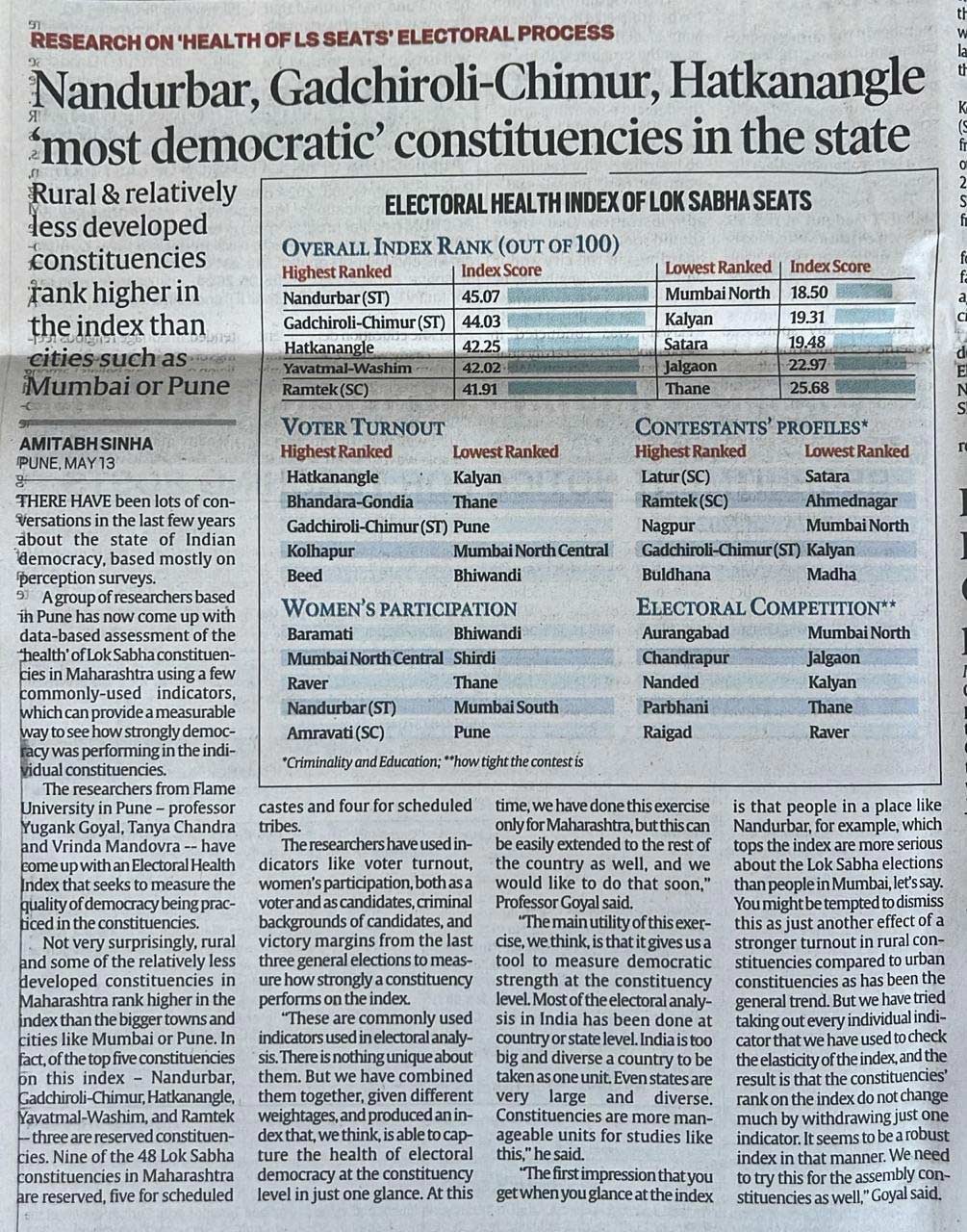
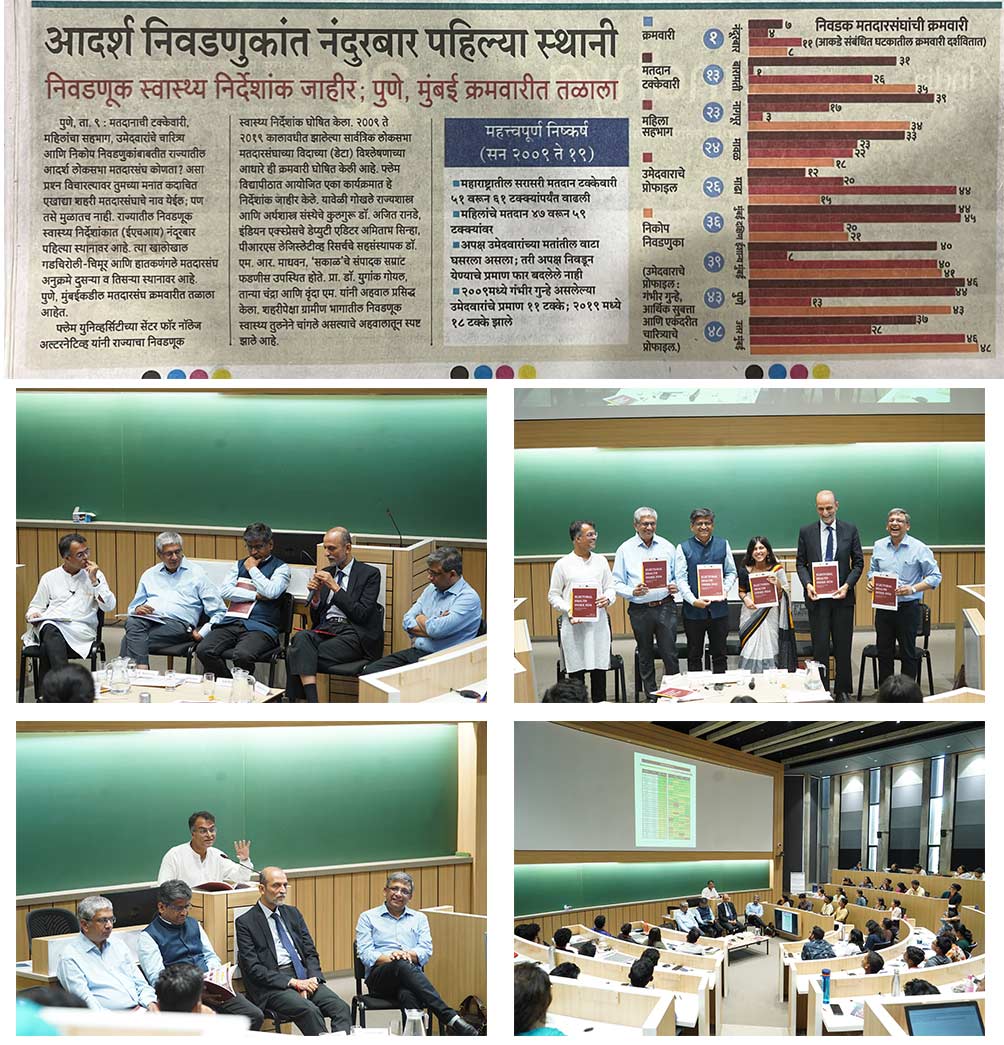
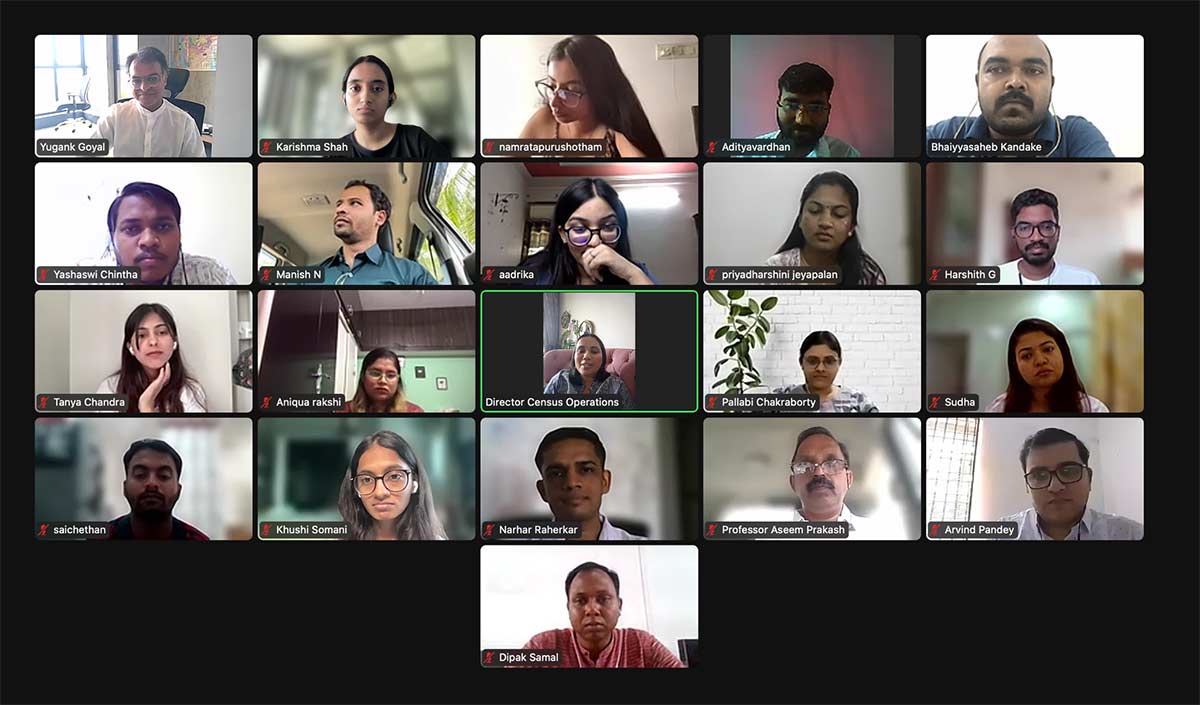 In a research-based collaboration, the Centre joined hands with the Public Policy department at TATA Institute of Social Sciences (Hyderabad) on a mission to transform how data is used in policymaking.
In a research-based collaboration, the Centre joined hands with the Public Policy department at TATA Institute of Social Sciences (Hyderabad) on a mission to transform how data is used in policymaking.
The Project envisaged training TISS’ Masters students into district level statistics, and they worked on large scale spreadsheets of districts of UP.
The goal? To create large-scale, user-friendly data-files of district-level statistics for Uttar Pradesh. But this was more than just a data project; it was a journey of discovery for the master’s students from TISS.
As they dove into the raw data, these budding policy experts began curating detailed datasets, uncovering the unique stories of each district. They brought the numbers to life through dynamic visualizations, turning complex statistics into clear, actionable insights.
Along the way, the students developed a deep understanding of the power of data in shaping effective policies. The idea was to create a comprehensive district-level encyclopedia for Uttar Pradesh (still underway) - a resource that will serve policymakers and researchers for years to come.
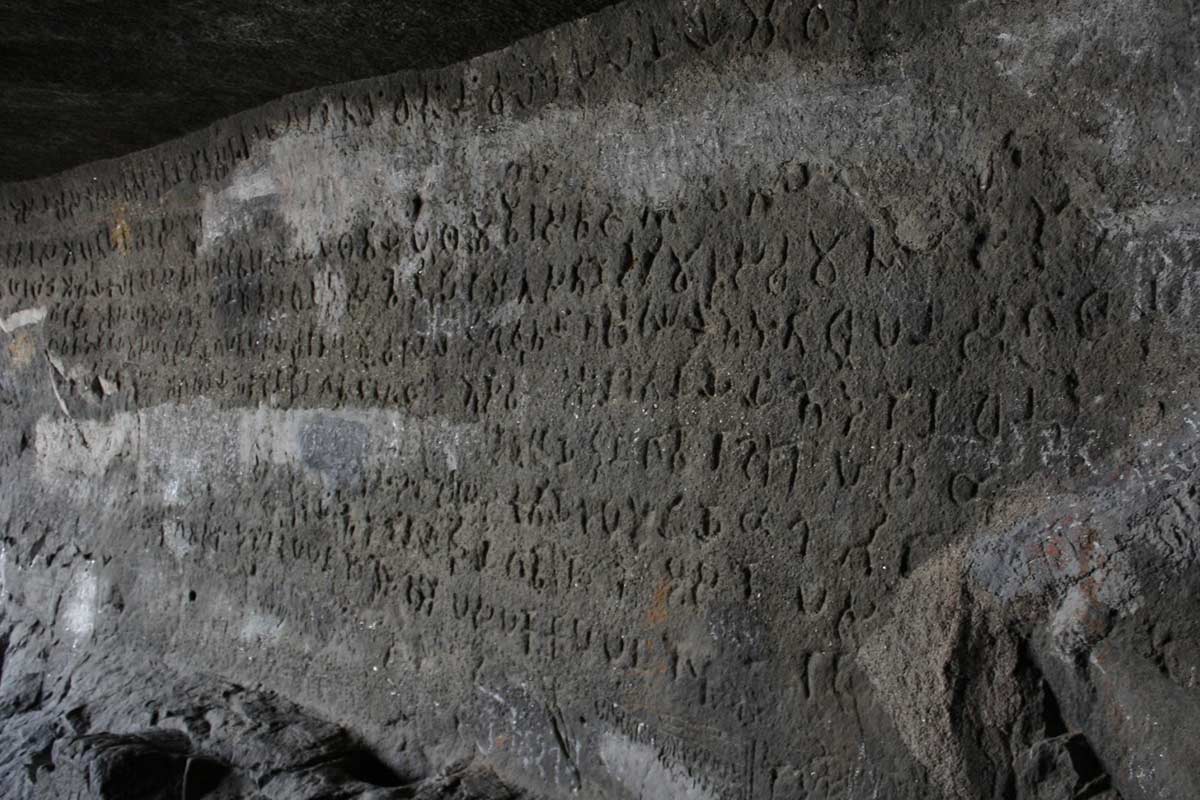 It's often said that India's public administration is a gift from the British, but isn't that an oversimplification? Long before their arrival, empires like the Marathas, Pallavas, and Cholas efficiently governed vast territories. What systems did they use? Surely, they must have had well-structured frameworks in place to govern such large territories.
It's often said that India's public administration is a gift from the British, but isn't that an oversimplification? Long before their arrival, empires like the Marathas, Pallavas, and Cholas efficiently governed vast territories. What systems did they use? Surely, they must have had well-structured frameworks in place to govern such large territories.
The Centre is working with the Capacity Building Commission (Mission Karmayogi) to research on the History of Public Administration in India (there is an MOU that the Centre has signed with the CBC). This project aims to explore and systematically study these ancient, medieval, and modern governance mechanisms that are indigenous to this land. By synthesizing this historical knowledge, we'll create a timeline of the public administration methods that existed, offering valuable insights for scholars while even inspiring modern bureaucratic systems.
The Centre has also signed an MoU with the CBC on a range of prospective initiatives.
The Centre is taking active interest in land-related policy research. In this connection, a collaborative project was initiated with scholars from ILDC (part of Landstack) and IIM Ahmedabad. This is an ongoing research conversation now, with several projects coming out of it.
Two of them are noteworthy, namely, a Handbook on Land Governance of India, and a SWAYAM platform course on Land 101.
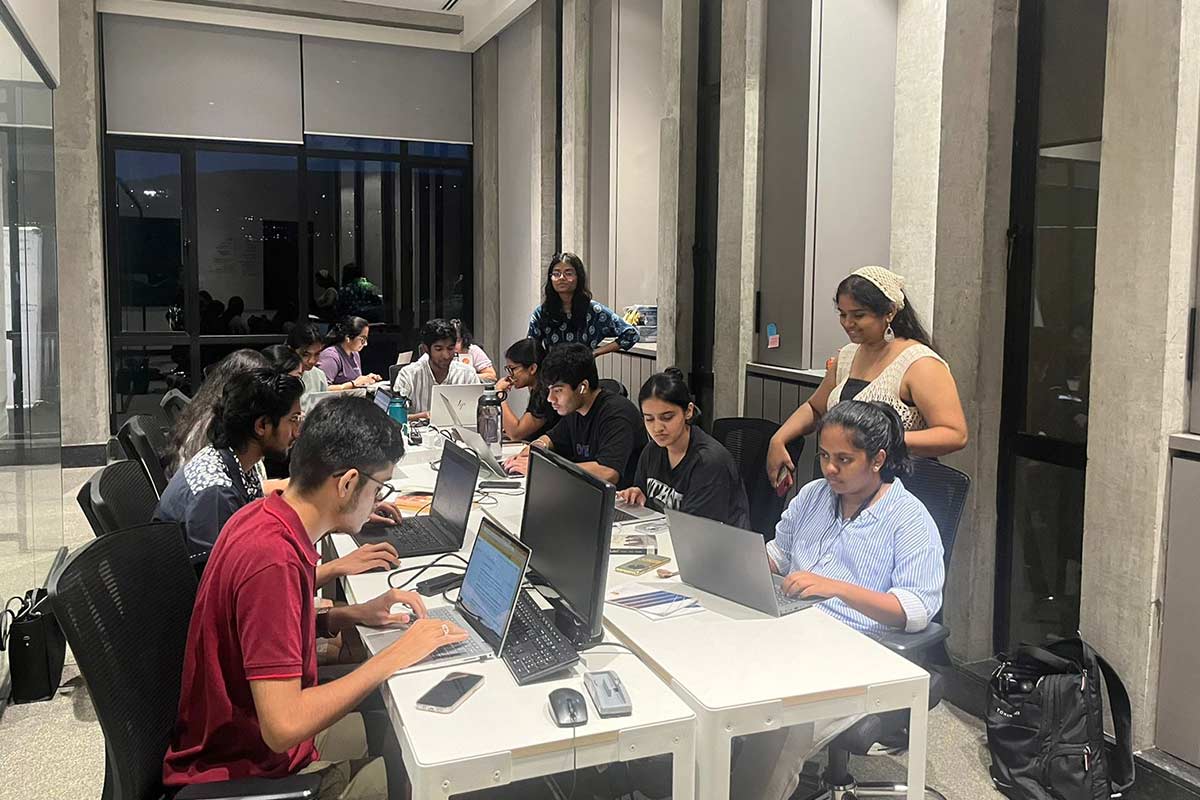 The Centre is collaborating with Prof Kausik Gangopadhaya from IIM Kozhikode to develop a rigorous, composite index on sustainability, which can capture a broad range of variables to reflect a holistic understanding of sustainable practices in countries around the world.
The Centre is collaborating with Prof Kausik Gangopadhaya from IIM Kozhikode to develop a rigorous, composite index on sustainability, which can capture a broad range of variables to reflect a holistic understanding of sustainable practices in countries around the world.
Existing sustainability indices do not consider a range of relevant variables and adjustments in their methodology. For instance, there is a glaring lack of consumption variables in those indices. Even per capita values (input costs/surplus) are often not factored. As a result, developing countries are often disadvantaged and rank lower on these indices. To address this gap, we need a more holistic index that incorporates a range of variables that reflect sustainability in a holistic manner.
The final output will be a World Sustainability Index ranking 180+ countries across 50+ indicators. The Report will enrich the global discourse on sustainability, and hopes to develop new insights that focus on unique challenges and opportunities from developing countries.
We're working on curating a "Global Index of Democracy" (GID), as a critique to the major democracy indices, exposing issues like opaque expert selection, bias towards Western models, and insufficient attention to regional diversity and objective indicators. The GID responds to these concerns by proposing a transparent, weighted, multi-layered approach that balances both de jure legal frameworks and de facto realities, integrates binary, categorical, and continuous data, and uses normalization methods to minimize distortions. The index evaluates countries across domains including electoral dynamics, legislative structure, constitutional amendments, rights and emergencies, local government, state abuse, and autocratic tendencies. The methodology combines extensive datasets and detailed aggregation techniques, aiming for accurate and representative democracy scores. The report will present global, regional, and country rankings, highlighting the impact of these scores and their divergence from existing indices, thus offering new insights for policy and research on democratization worldwide.
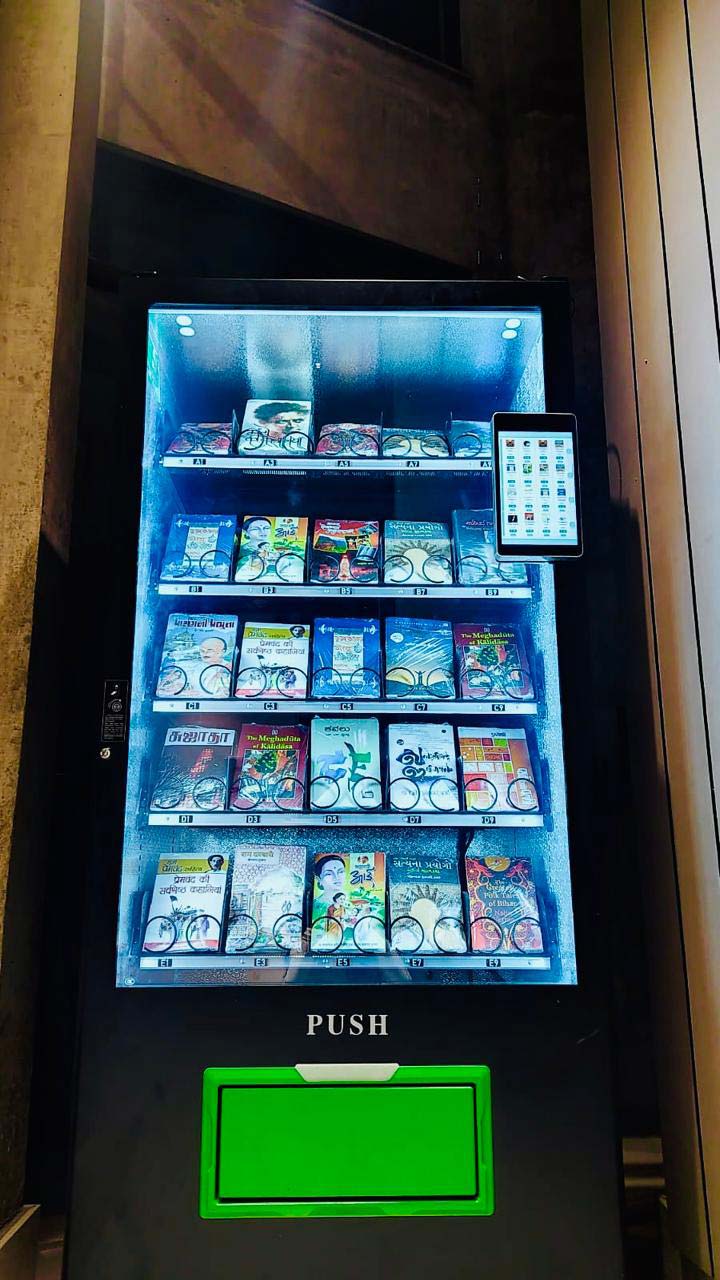 In 2024, CKA pioneered a unique idea: a vending machine that instead of serving snacks, serves books! And not just any book, only those in regional Indian languages!
In 2024, CKA pioneered a unique idea: a vending machine that instead of serving snacks, serves books! And not just any book, only those in regional Indian languages!
This initiative - currently underway - aims to cultivate an environment that nurtures a love for regional literature and encourages anyone on campus to explore the richness of literary works authored by writers from other linguistic backgrounds in India. By making these books more accessible, we hope to divert attention towards the unique voices and stories embedded in regional literature.
In the age of the internet, characterized by the rise of mono-culturization of languages - dominated by English in India - this effort assumes special importance. We hope that the idea can be picked up by other institutions, including public spaces like railway stations, airports, municipal offices and even schools.
The books on sale will be curated through user participation. The idea will be to allow for a cultural immersion in local language stories/nonfiction in university spaces otherwise inundated with English. In the first lot, the books available will be: Pather Dabi by Sarat Chandra Chattopadhyay, Kalapino Kekarav by Kalapi, and Sivagamiyin Sapatham by Kalki.
To check out the current books in store,
click here !
The Centre for Knowledge Alternatives at FLAME University conducted its District Fellowship Program, in the state of Maharashtra in May 2024. This initiative is a key part of the Chronicle Project, the flagship endeavor of the Centre. The Project is pioneering large-scale documentation of district-level statistics and cultures across India. The Fellowship Program aims to capture the ‘culture' aspect of the Project. The first state to launch the project is Maharashtra.
If you are a high school or college/university student (or even a recent graduate in any discipline), and want to discover your own towns/cities/villages, this Fellowship Program is for you.
We select Fellows from each district of Maharashtra to document their own districts.
The three-month Program promises intensive training and a culturally enriching experience to know one's own lands.
Deadline: 20 March, 24 March, 2024
Fellowship period: mid-April until mid-June.
To know more click here !

